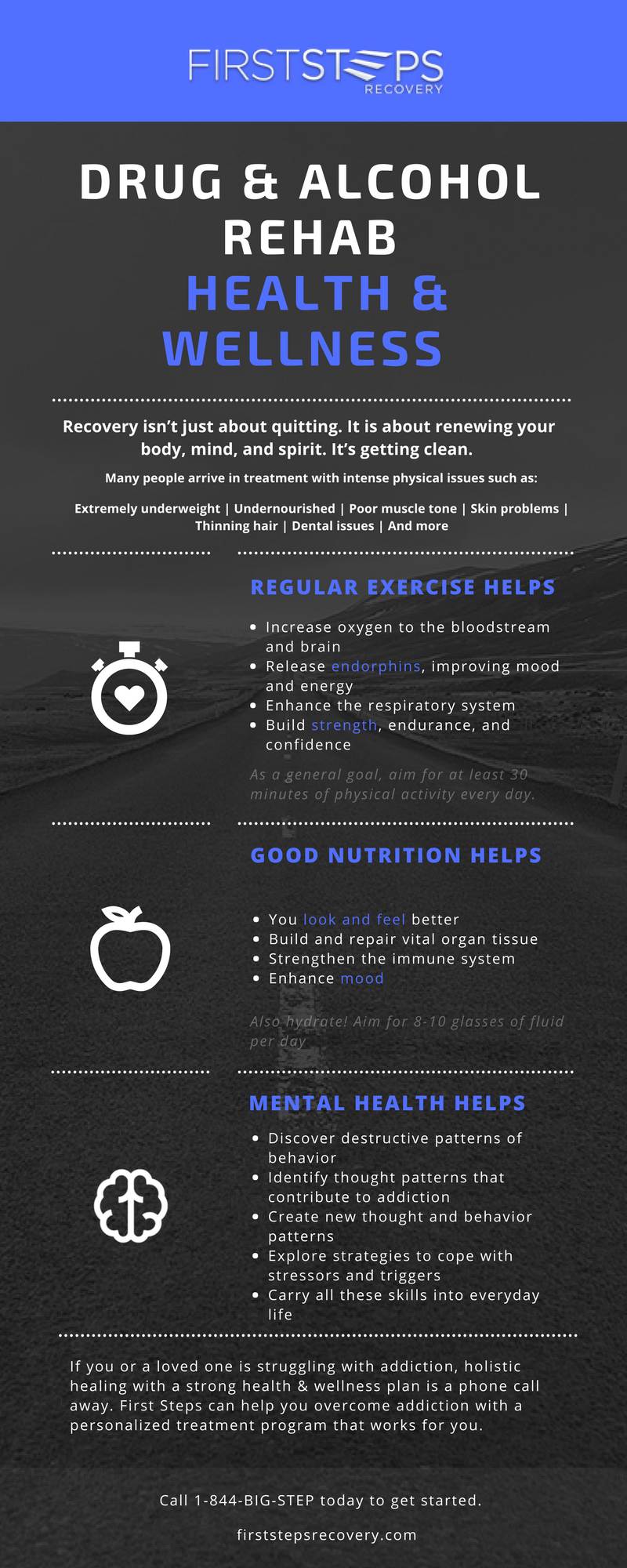Getting Rid Of Shame And Regret In Drug Rehabilitation: Removing The Preconception
Getting Rid Of Shame And Regret In Drug Rehabilitation: Removing The Preconception
Blog Article
Write-Up By-Moody Oddershede
You're not alone in the battles you deal with, and resolving the preconception surrounding shame and guilt in Drug rehab is the first step in the direction of redeeming your life. By checking out the roots of these emotions and discovering to navigate them in a supportive environment, you can pave the way for real recovery and development. Remain tuned to uncover exactly how damaging without the weight of pity and sense of guilt can open a path to self-acceptance and a future loaded with pledge and positivity.
The Impact of Pity and Guilt
Experiencing embarassment and sense of guilt can significantly hinder your progress in Drug rehabilitation by producing obstacles to self-acceptance and recovery. When you lug the weight of pity for previous activities or regret for the effect of your dependency on liked ones, it can be testing to move on. These feelings might cause low self-confidence, making it difficult to believe in your capacity to alter and recover.
Pity and guilt can additionally sustain unfavorable idea patterns, strengthening the idea that you're unworthy of aid or redemption. This can prevent you from fully participating in the healing process and seeking assistance when needed. The worry of judgment from others or the anxiety of facing your very own emotions might lead you to stay clear of necessary discussions or treatment sessions.
Acknowledging and addressing these feelings is essential for your recovery trip. By working through your pity and sense of guilt in a risk-free and supportive environment, you can begin to grow self-compassion and mercy. This shift in mindset can encourage you to embrace the healing process with a newfound feeling of hope and resolution.
Techniques for Recovery and Makeover
To facilitate your healing and transformation in Drug rehabilitation, applying reliable methods is vital. One crucial technique is to actively take part in treatment sessions. By taking part wholeheartedly in specific and group treatment, you can attend to underlying problems, find out coping devices, and get assistance from experts and peers.
Another vital strategy is to prioritize self-care. https://notes.io/wcpjX consists of obtaining enough rest, eating nourishing meals, and participating in exercises that promote wellness. Furthermore, practicing mindfulness and reflection can help you stay present and handle food cravings or causes successfully.
Establishing reasonable objectives and commemorating tiny success along the road can also add substantially to your recovery journey. By breaking down your recuperation procedure into manageable actions, you can maintain inspiration and track your development.
Additionally, bordering on your own with a favorable support group of friends, family, or fellow people in healing can give inspiration and liability. Remember, everyone's course to recovery is special, so it's essential to find approaches that reverberate with you directly and adapt them as required to foster long-term improvement.
Accepting a Life of Soberness
Embrace sobriety as a new chapter in your life, full of opportunities for development and satisfaction. Deciding to live a sober life is a bold action towards a brighter future. By choosing soberness, you're picking to prioritize your health and redeem control over your life. It may appear intimidating initially, but keep in mind that daily sober is a day of development and toughness.
As you welcome soberness, surround yourself with supportive and understanding people that boost and urge you on this trip. Take part in tasks that bring you joy and gratification, aiding you discover the charm of life without substances. Accepting https://www.thethings.com/what-happened-to-hayden-panettiere/ of sobriety isn't concerning deprivation yet concerning empowerment. It opens doors to new opportunities and enables you to connect with your genuine self.
Celebrate each turning point in the process, despite how small, as they represent your resilience and resolution. Bear in mind, sobriety is a gift you offer on your own, causing a life full of clearness, function, and unlimited capacity.
Verdict
Finally, damaging the stigma surrounding pity and guilt in Drug rehabilitation is crucial for individual development and healing. By resolving these feelings head-on, exercising self-care, and embracing soberness as a courageous option, people can transform their lives and uncover happiness and objective.
With a favorable support group and a dedication to self-improvement, conquering pity and guilt paves the way for empowerment and a satisfying, sober future.
